Thrush (Vaginal)
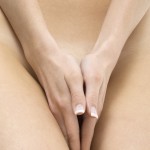
What is vaginal thrush?
Thrush is an infection caused by a yeast (fungus) called candida albicans, which occurs naturally in the gut, in the skin and in the vagina. Under normal circumstances, it is kept under control by other ‘friendly’ bacteria in the body, but occasionally it overgrows, which is when problems start.
What symptoms could you experience?
With vaginal thrush you usually get a thick, white, sticky discharge with soreness and irritation. The discharge can often look like cottage cheese and can have an unpleasant smell. If you are suffering from thrush, you may experience pain during sex and when passing urine. The outside of the vagina may also feel sore and swollen.
The most irritating symptom is an intense itching around the outside of the vagina, which is definitely worse in some cases than in others.
Men are also susceptible to thrush, which appears as a discharge from the penis, with soreness and/or reddened skin.
What are your choices?
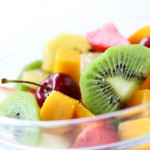
Because a discharge can be caused by other infections (such as Gardnerella see Vaginal Infections sectionit is important to know what type of infection or overgrowth you have. This will, of course, determine the most appropriate treatment.Diagnosis is made by your doctor, who will take a sample of the discharge on a swab. The swab is then sent to the lab for testing.
The aim of the natural treatment is to ensure that your body has all the nutrients it needs to function optimally, thereby boosting your immune system. The programme focuses on certain foods and supplements in order to do this. You’ll also encourage the friendly bacteria in your system, to create a normal balance that keeps the yeast under control.
Candida in the Digestive System
Candida can exist in other parts of the body other than the vagina. For example, oral thrush is common in babies, and appears as white patches on the inside of the mouth.
Candida can also form in the intestines. In the intestines, the yeast form of candida can become ‘mycelial’ (that, is, it forms root-like growths). These roots can penetrate the intestine walls, and cause the gut to ‘leak’. Small pieces of undigested food then escape into the bloodstream. This condition is known as ‘leaky gut syndrome’, and is the result of an overwhelming infestation of candida in the body, known as ‘candidiasis’.
Persistent vaginal thrush can be one of the symptoms of candidiasis, but other symptoms can include food cravings especially for sugar and bread, fatigue, a bloated stomach with excess flatulence, a ‘spaced out’ feeling, and becoming tipsy on a very small amount of alcohol. Both men and women can suffer from candidiasis.
A Digestive Stool Test, which can be organised by post, can be used to detect an overgrowth of yeast in the digestive system.
Supplements
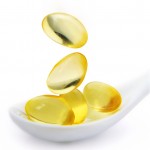
Multivitamin and Mineral
A good quality multivitamin and mineral should form the foundation of your supplement programme to make sure that you are getting a ‘little bit of everything’. You then add in those nutrients in slightly higher amounts which are known to help with thrush.
Beta-carotene
Levels of beta-carotene (a type of vitamin A) have been found to be low in the vaginal cells of women who have thrush. It is suggested that this may effect the immune response of the cells in the vagina, which encourages (or at least allows) the yeast to overgrow.
Zinc
Zinc deficiency has been connected with women who have recurrent thrush. Adequate levels of zinc are critical for the optimum functioning of your immune system. People who are deficient in zinc will be susceptible to recurrent infections or infestations of any kind (that’s why you may seem to suffer from one cold or tummy bug after another when you are run down). If you are zinc deficient, your immune system can be compromised and your body will not be able to control yeast overgrowth.
Omega 3 fatty acids
The Omega 3 fatty acids contained in oily fish and certain seeds have anti-fungal, anti-bacterial and anti-viral actions so it is important to take supplementary Omega 3 fatty acids while you are combating an attack of thrush. If you have a tendency to recurrent thrush, it’s worth taking an Omega 3 fish oil supplement every day over a period of six months. Try also to ensure that you are getting enough of these essential fats in your food.
Garlic
Garlic is well-known for its effect on the immune system and it has both antibacterial and anti-fungal properties. Take garlic as a supplement when you are trying to eliminate an attack of thrush and as prevention if you are prone to attacks. In clinical studies, garlic extracts have been to found to prevent the growth of candida. One of the active ingredients in garlic is called ‘allicin’, and it appears that this is the ingredient with the ability to prevent an overgrowth of yeast. When buying supplements choose one with a high level of allicin.
Probiotics
A probiotic is the opposite of an antibiotic, which means that it encourages rather than destroys bacteria in the body. That’s not as alarming as it sounds! What probiotics do is increase the growth of ‘healthy’ bacteria in the body, which is known as flora. By taking probiotics, you are aiming to increase the amount of beneficial bacteria in your system which in turn helps to control the amount of yeast overgrowth. As well as eating live plain organic yoghurt, (for more information on the dietary recommendations for thrush see the rest of the Thrush ebook) it is important to take probiotic supplements. Yoghurt has shown to be helpful in preventing attacks of yeast, but a probiotic supplement goes one step further to actually treat a yeast infection. The difference is that the probiotic levels in yoghurt are high enough to work on a preventative basis, but they will not be concentrated enough to deal with an infection.
There are probiotic pessaries that can be inserted into the vagina. Alternatively, you can use live yoghurt in the same way. Some women slather a tampon with yoghurt, and insert it into their vaginas, removing the tampon after 30 minutes or so, which should be enough time for the yoghurt with all its beneficial bacteria to be absorbed by the body. This method can be effective but, like anything that is used externally, messy! Furthermore, if you already have a yeast infection, there can be no doubt that levels of beneficial bacteria are not high enough. Even if you choose one of these external methods, it’s a good idea to take a good oral probiotic alongside.
If you are currently suffering from thrush, add in fructooligosaccharides (FOS), which are the naturally occurring water-soluble fibre in fruits and vegetables. These act as a food source for the growth of friendly bacteria. Many probiotics also contain FOS.
Herbs

Tea tree oil (Melaleuca alternifolia)
Research has been undertaken into the effects of tea tree on candida and other vaginal infection and it has been shown to be an excellent anti-fungal and antibacterial agent herb.
This essential oil (the same type of oil that is used in aromatherapy) is not taken by mouth, but used vaginally to combat the thrush. It is possible to buy tea tree oil pessaries. Try adding a few drops of tea tree essential oil to your bath when you have thrush. If you are prone to thrush, it can be used on a preventative basis.
Echinacea
Because your immunity will be compromised if you are suffer from recurrent thrush, one of the aims of herbal treatment will be to boost your immune system. Echinacea is one of the best herbs for increasing immune system function. One study showed that women suffering from recurrent thrush, who were given echinacea, had a 43 percent reduction in the number of attacks. For optimum benefit to the immune system, it seems that echinacea is more effective if taken with short breaks. I would suggest 10 days on and then 3 days off and then 10 days on.
Caution
You should not take any of the above herbs if you already taking HRT or any other hormonal treatment unless they are recommended by a registered, experienced practitioner.
For more information on other herbs to help with thrush, see the rest of the ebook on Understanding Thrush ebook at The Natural Health Practice which you can download
Tests

Mineral Deficiency Test with Supplement Programme (hair)
Find out what the mineral and heavy toxic levels are in your body
This test measures the deficiencies and excess levels of 12 different minerals (including calcium, chromium, cobalt, copper, iron, magnesium, manganese, phosphorus, potassium, selenium, sodium and zinc) and 6 heavy toxic metals (including aluminium, arsenic, cadmium, lead, mercury and nickel) that may be present in your body. Find out more – Mineral Deficiency Test with Supplement Programme (hair)
After three months you would then have a re-test in order to monitor your progress and adjust your supplement programme according to your new condition.
If you need help in obtaining any of the supplements, herbs or tests mentioned above, click, thrush options at The Natural Health Practice. They can supply all of them for you online or if you prefer to talk to somebody first you can also order by mail order on the telephone. The products supplied by this company are always of the highest quality.
Plan of Action
Nutrition
Ensure you are getting the right nutrition.Follow the dietary recommendations outlined in the free The Foundation of Health ebook For more information on the special dietary recommendations for thrush, read the rest of the ebook on Understanding Thrush ebook at The Natural Health Practice
Supplements
The supplement programme below should be taken for at least three months in order to achieve best results
Nutrients & amounts
| A good multi-vitamin & mineral supplement | Probiotic | 22 billion beneficial bacteria | |
| Beta Carotene | 7mg | Omega 3 Plus fish oils | (700mg EPA and 500mg DHA per day) |
| Zinc | 15mg |
To avoid having to purchase numerous supplements for all of the above and to make the process easier, I have put together a supplement programme which contains all the nutrients mentioned above and in the correct dosages. For more information about these click Thrush Supplement Programme.
In my book ‘The Natural Health Bible for Women’ I explain the impact of nutrition on thrush and also give in great detail a list of the most important nutrients and herbs required in order to help you.
If you would like to order these special supplements now, you can do so through the Natural Health Practice by clicking Thrush Supplements at the Natural Health Practice.
HerbsGood herbs should include: |
Herbs & amounts
|
||||
| At the end of three months you should reassess your condition and adjust your supplement programme accordingly. | |||||
Tests
The tests below have been specially selected to be the most helpful if you are concerned about thrush.
Mineral Deficiency Test with Supplement Programme (hair)
After three months you would then have a re-test in order to monitor your progress and adjust your supplement programme according to your new condition.
If you need help in obtaining any of the supplements, herbs or tests mentioned above, click, Thrush options at The Natural Health Practice. They can supply all of them for you online or if you prefer to talk to somebody first you can also order by mail order on the telephone. The products supplied by this company are always of the highest quality.
Read More
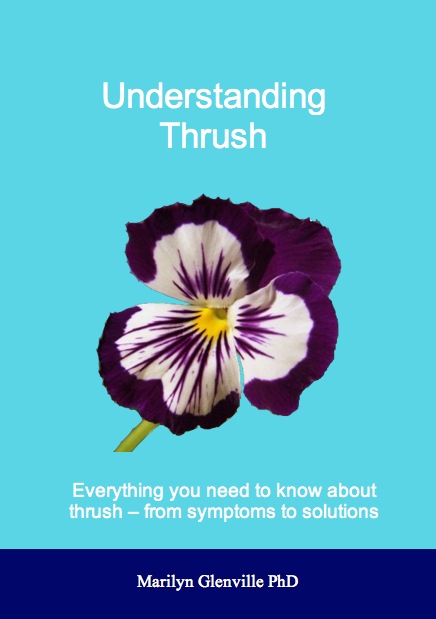
At the end of the ebook is a practical step by step summary of what you can do to help yourself.
If you would like to read the rest of this ebook click, Understanding Thrush ebook at The Natural Health Practice and you will be given details of how you can download the whole ebook.
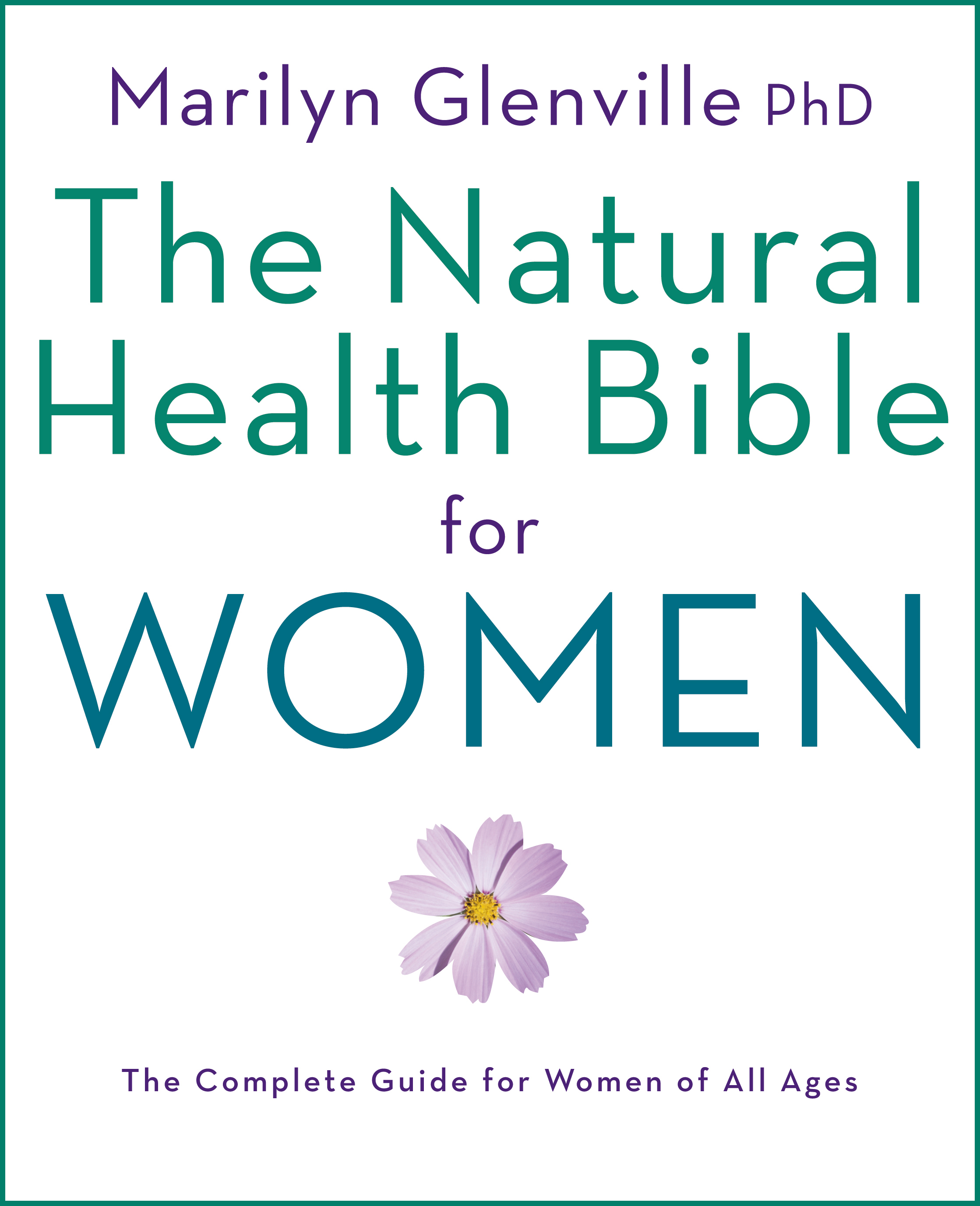
The contents of this site are for information only and are intended to assist readers in identifying symptoms and conditions they may be experiencing. This site is not intended to be a substitute for taking proper medical advice and should not be relied upon in this way. Always consult a qualified doctor or health practitioner, especially if you are pregnant, taking the pill or on any medication. Your situation will need to be looked at individually and you should not attempt to self treat. The author and publisher cannot accept responsibility for illness arising out of the failure to seek medical advice from a doctor.
The views expressed by third parties placing material on these pages are not representative of the views of the author or publisher. The Author and Publisher cannot monitor the content not produced by us and has not reviewed all the third party material published on this site and the Author and Publisher accept no liability whatsoever in relation to the content of third party material placed on these pages.

